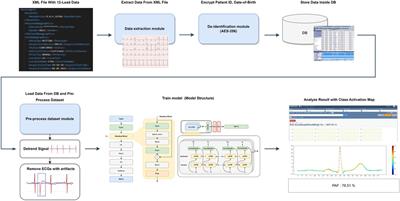ORIGINAL RESEARCH
Published on 06 Feb 2025
Assessing the performance of zero-shot visual question answering in multimodal large language models for 12-lead ECG image interpretation
doi 10.3389/fcvm.2025.1458289
- 206 views
3,947
Total downloads
15k
Total views and downloads
You will be redirected to our submission process.
ORIGINAL RESEARCH
Published on 06 Feb 2025
ORIGINAL RESEARCH
Published on 22 Oct 2024
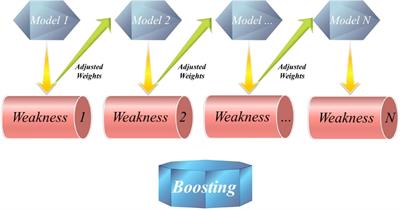
SYSTEMATIC REVIEW
Published on 23 Sep 2024
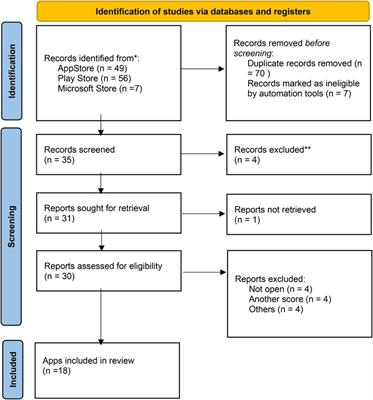
ORIGINAL RESEARCH
Published on 05 Sep 2024

SYSTEMATIC REVIEW
Published on 27 Aug 2024

ORIGINAL RESEARCH
Published on 13 Aug 2024

ORIGINAL RESEARCH
Published on 05 Jul 2024
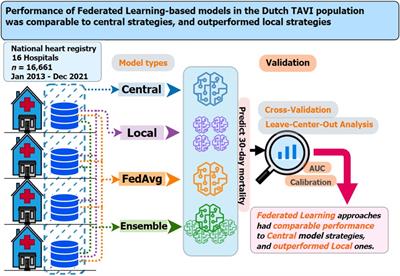
ORIGINAL RESEARCH
Published on 03 Jan 2024
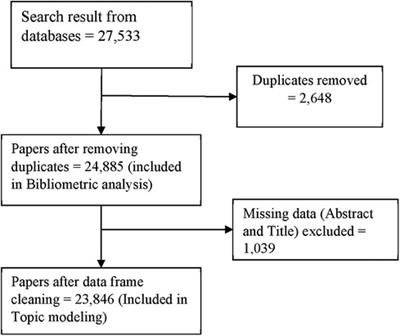
STUDY PROTOCOL
Published on 11 Oct 2023
